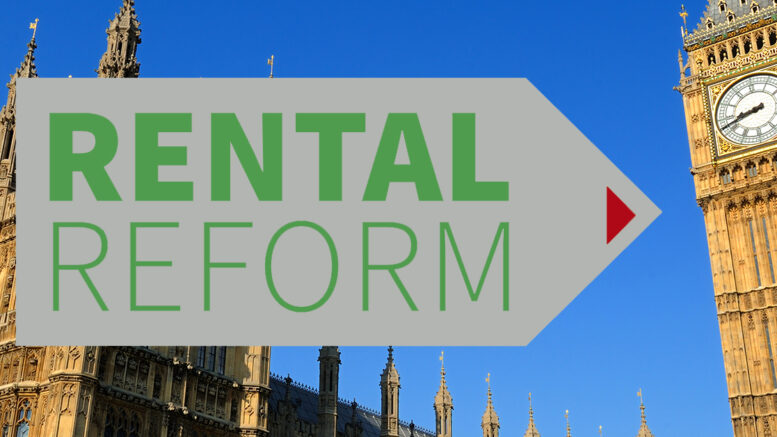The Renters’ Rights Bill, set to introduce significant reforms to the rental process, is continuing to raise concerns among landlords and letting agents. Under the new legislation, any payment of rent made before a tenancy agreement is signed will be classified as a prohibited payment. Critics warn that this could delay tenancy starts and put landlords at risk of penalties for situations beyond their control.
Challenges with upfront rent payments
Knight Frank’s Head of Lettings, Gary Hall, has voiced concerns about how these changes could complicate rental processes for both landlords and tenants. He explained:
“The big problem with this is often tenants want to move into a rental property quickly – sometimes in a matter of days – and transfer of funds can take three to five days, sometimes more if coming from overseas.”
Under the proposed framework, landlords and agents could face enforcement action and fines if they invite, encourage, or accept rent payments before a tenancy agreement is signed. Hall believes this approach fails to account for practicalities:
“Tenants will want to be able to make one payment covering rent and deposit as soon as possible to avoid multiple bank charges or the admin of making multiple payments. Labour needs to see sense and allow rent at the start of a tenancy to be paid before a tenancy agreement is signed and before the start date of the tenancy.”
He added, “The current framework puts landlords and agents at constant risk of enforcement action for something that is out of their control. It is also unfair for a landlord to be at risk of a tenant moving into a property without the first month’s rent paid.”
Impact on long-term lets and overseas renters
The Renters’ Rights Bill will also restrict landlords from requesting multiple months’ rent in advance. While the government argues this policy is designed to protect renters from large upfront costs, critics highlight its potential drawbacks.
Industry group Propertymark has warned that restricting upfront payments could limit housing options for renters on fixed incomes or those who face challenges passing affordability checks, such as overseas students.
These concerns are echoed across the sector, with agents warning that some landlords may withdraw properties from the market due to increased risks and reduced flexibility.
A call for practicality
Supporters of the Bill argue it will level the playing field for tenants, but landlords and agents are urging the government to reconsider certain aspects of the legislation. Allowing upfront rent payments in specific scenarios, such as for overseas renters or where tenants request it, could strike a balance between tenant protection and operational practicality.
The question remains: will the Renters’ Rights Bill create a fairer rental market, or will it inadvertently reduce housing supply and delay tenancy starts?
As Hall concluded, “This framework is setting landlords and agents up for unnecessary risks. We need a system that protects tenants but also acknowledges the realities of the rental market.” For landlords, adapting to these changes will be critical as they look to maintain stability and meet demand in an increasingly regulated sector.








